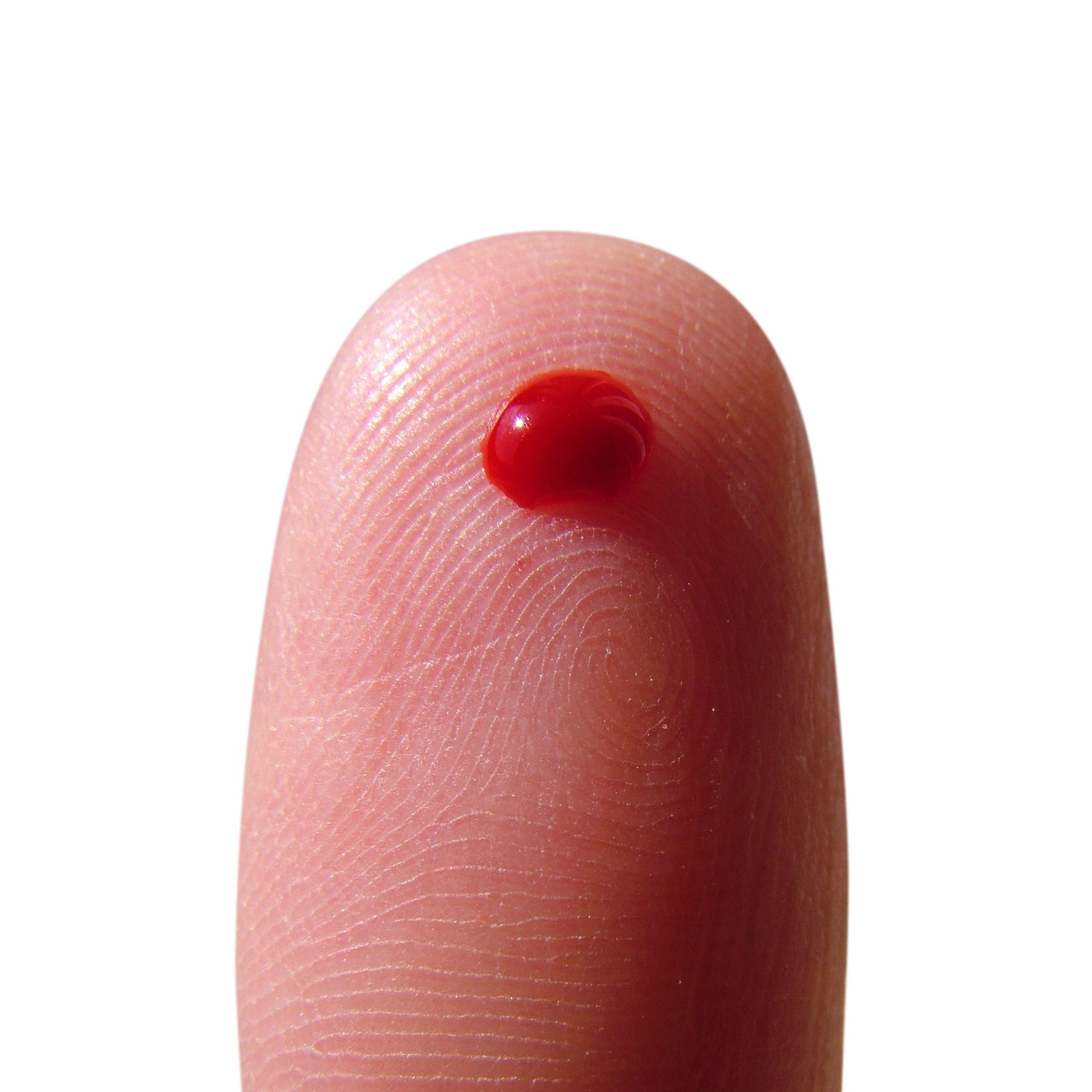Health and Healthcare
FDA Recommends Zika Test for All Blood Donations

Published:
Last Updated:

The U.S. Food and Drug Administration (FDA) on Friday issued a recommendation for universal testing of donated whole blood and blood components for the Zika virus in the United States and its territories. The agency had recommended in February blood screening only in areas with active transmission of the virus.
In its announcement the FDA said:
The FDA is updating its guidance after careful consideration of all available scientific evidence, consultation with other public health agencies, and taking into consideration the potential serious health consequences of Zika virus infection to pregnant women and children born to women exposed to Zika virus during pregnancy. Testing of donated blood is already underway in Florida and Puerto Rico, as well as in other areas, and it has shown to be beneficial in identifying donations infected with Zika virus. Expanded testing will continue to reduce the risk for transmission of Zika virus through the U.S. blood supply and will be in effect until the risk of transfusion transmission of Zika virus is reduced.
The FDA recommendations take effect immediately in Florida and Puerto Rico, with 11 states, mostly in the southeastern United States, added within four weeks. The rest of the country must implement the recommendations within 12 weeks.
The universal screening requirement is expected to generate about $30 million in sales for testing kits, with the majority of the spending to benefit Roche and Hologic Inc. (NASDAQ: HOLX).
Earlier last week, medical diagnostics maker OraSure Technologies Inc. (NASDAQ: OSUR) said that it had been awarded a $16.6 million contract to proceed with work on the company’s rapid tests for the Zika virus. The initial commitment under the contract totals $7 million, with options for up to $9.6 million in additional funds to pay for enhancements and clinical and regulatory activities.
Earlier this year, OraSure announced that it had begun a development program for rapid Zika assays on the OraQuick platform and that it was actively pursuing external funding to advance this program. The rapid Zika tests utilize the Company’s OraQuick technology platform, the same technology used in the OraSure’s rapid HIV, HCV and Ebola test kits.
The latest data from the U.S. Centers for Disease Control and Prevention (CDC) show that the Zika virus is actively being transmitted in 57 countries, including the United States. As of August 24, there have been 2,517 confirmed U.S. cases of the virus, of which 29 are actively transmitted cases, all of which occurred in two areas of Miami, Florida. Nearly 8,800 confirmed cases have been reported in Puerto Rico.
The Zika virus causes microcephaly, a birth defect that causes the baby’s head to be smaller than expected, compared with other babies of the same sex and age. According to the CDC, Zika can also cause other problems among fetuses and infants infected with Zika virus before birth, such as defects of the eye, hearing deficits and impaired growth. There have also been increased reports of Guillain-Barré syndrome, an uncommon sickness of the nervous system, in areas affected by Zika.
Credit card companies are at war. The biggest issuers are handing out free rewards and benefits to win the best customers.
It’s possible to find cards paying unlimited 1.5%, 2%, and even more today. That’s free money for qualified borrowers, and the type of thing that would be crazy to pass up. Those rewards can add up to thousands of dollars every year in free money, and include other benefits as well.
We’ve assembled some of the best credit cards for users today. Don’t miss these offers because they won’t be this good forever.
Flywheel Publishing has partnered with CardRatings for our coverage of credit card products. Flywheel Publishing and CardRatings may receive a commission from card issuers.
Thank you for reading! Have some feedback for us?
Contact the 24/7 Wall St. editorial team.